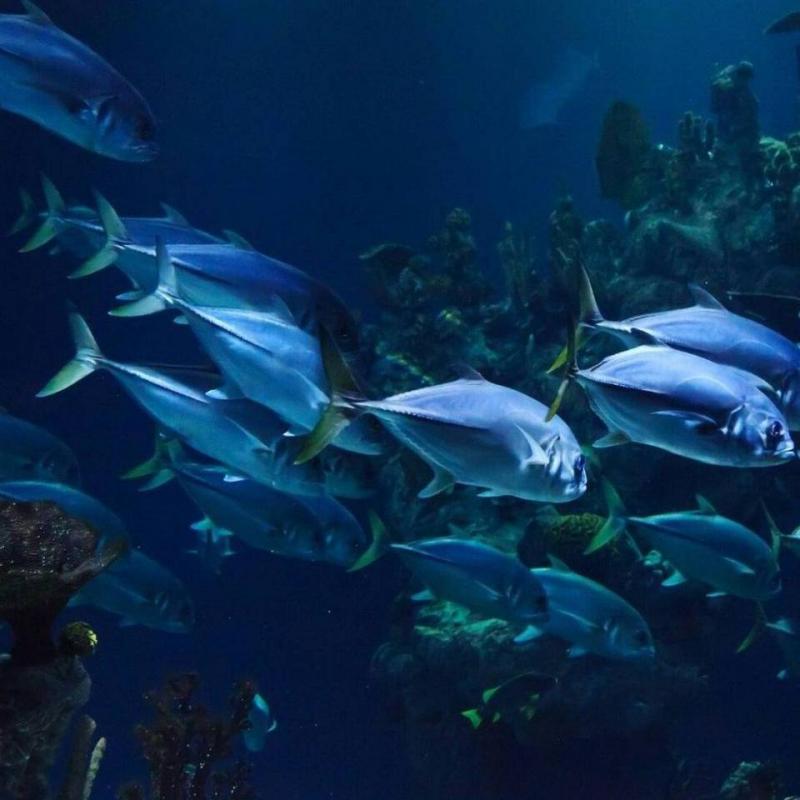A new study has revealed that fish sizes are relatively shrinking due to global warming and environmentally threatening climate changes. Rising ocean temperatures cause small plankton (the microscopic organisms that fish feed on) to move to the surface, meaning that fish do not receive adequate nutrition. Researchers at the University of Tokyo analyzed the individual weight and overall biomass of 13 fish species, including mackerel and sardines, and examined long-term data from six fish stocks between 1978 and 2018, alongside sea surface temperature data from 1982 to 2014, to understand the potential impacts of changes in surface and subsurface ocean layers.
The results, published in the journal Fish and Fisheries, showed a clear decline in fish weight during the 1980s and starting in 2010. The initial weight decline was attributed to the increasing number of Japanese sardines, which led to heightened competition with other species for food. However, a detailed analysis revealed that climate change, causing rising ocean temperatures, has led to greater competition for food due to increased nutrients reaching the surface layers.
Professor Shin Ichi Ito from the University of Tokyo stated, "Climate change can affect the timing and duration of phytoplankton growth and the massive growth of microalgae at the ocean's surface, which may not align with the critical phases of fish life cycles. As shown in other studies, fish migration is also impacted, which in turn affects fish interactions and competition for resources." The team explains that these findings have implications for fisheries and policymakers who are trying to manage ocean resources under future climate change scenarios.




